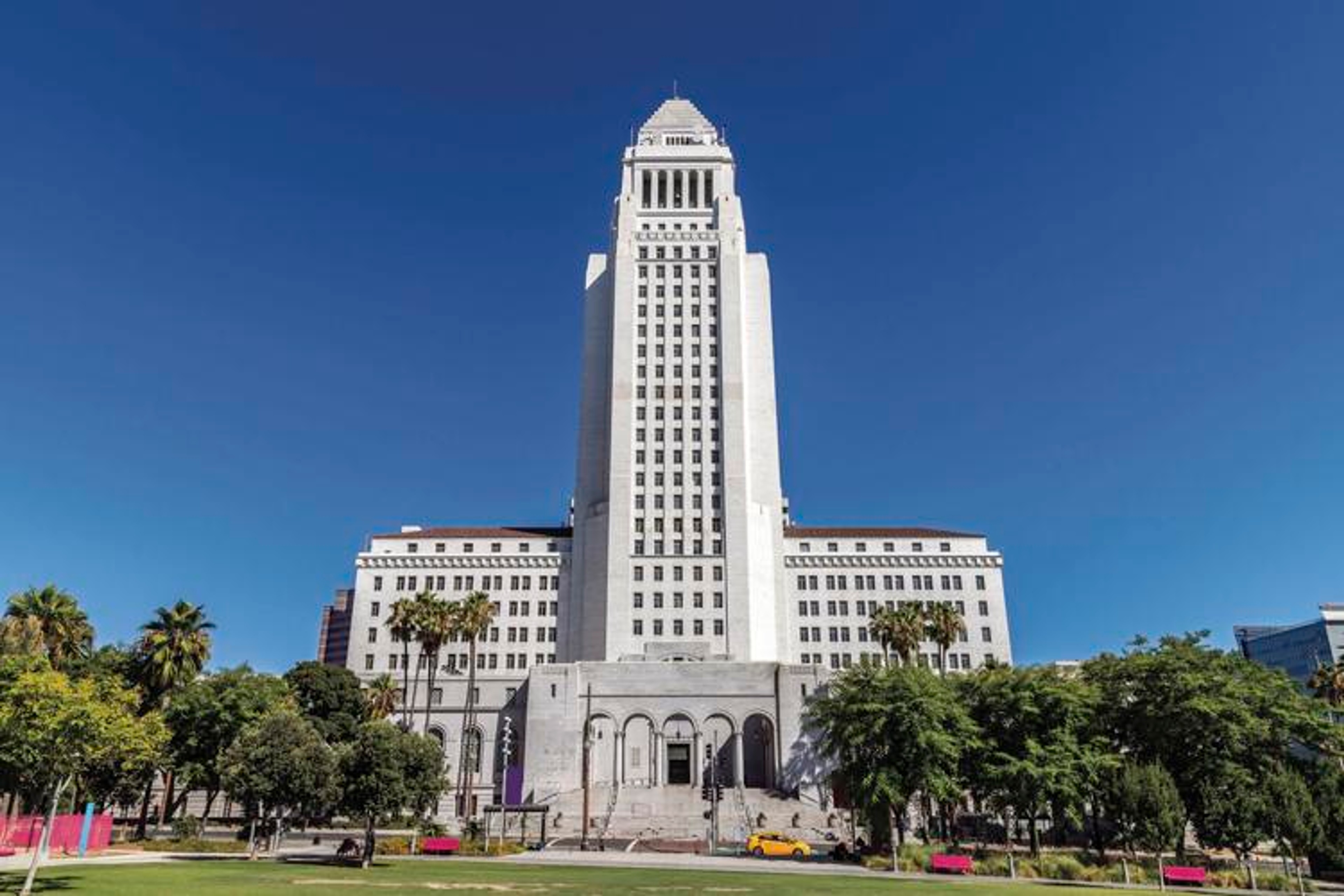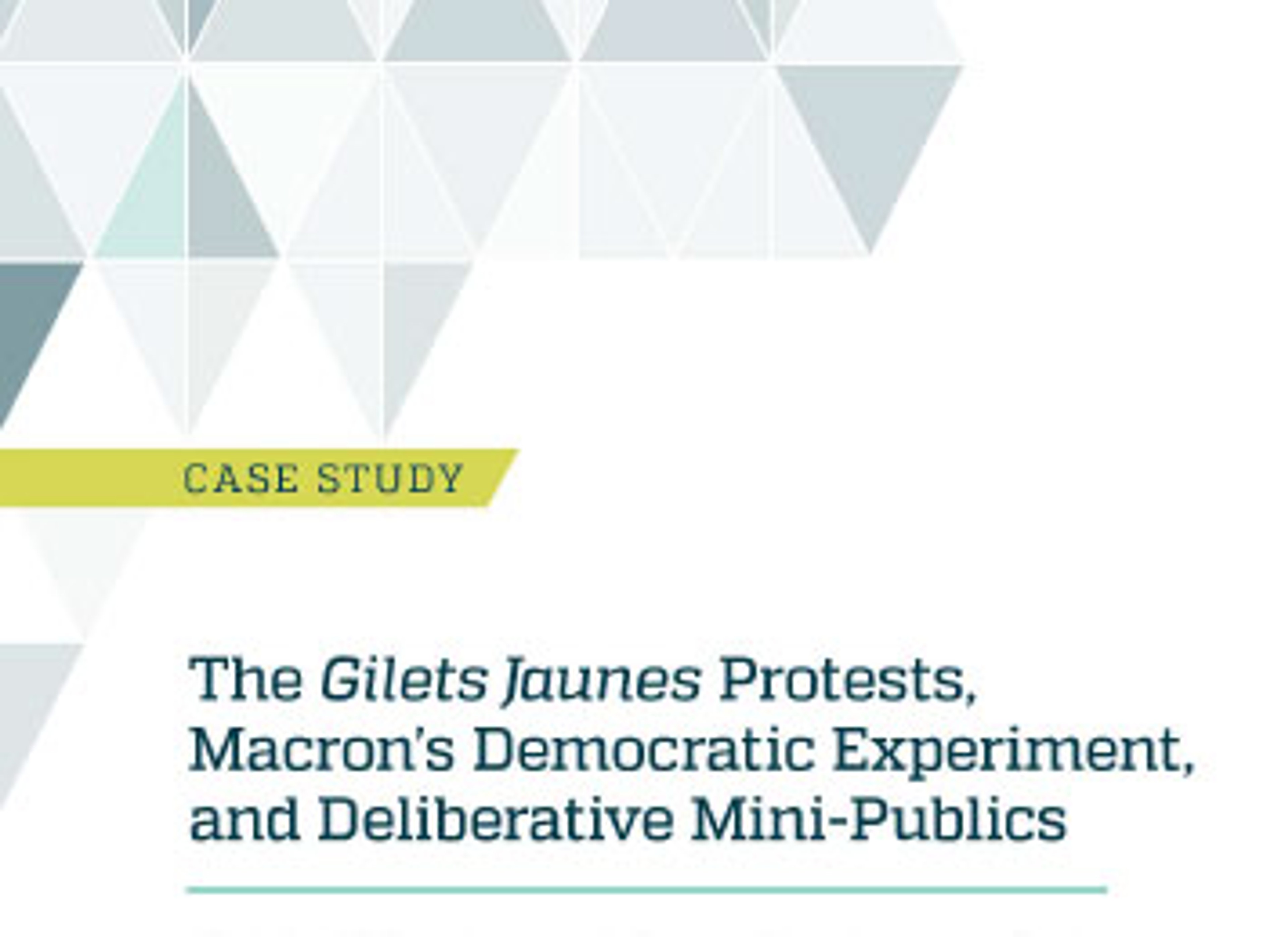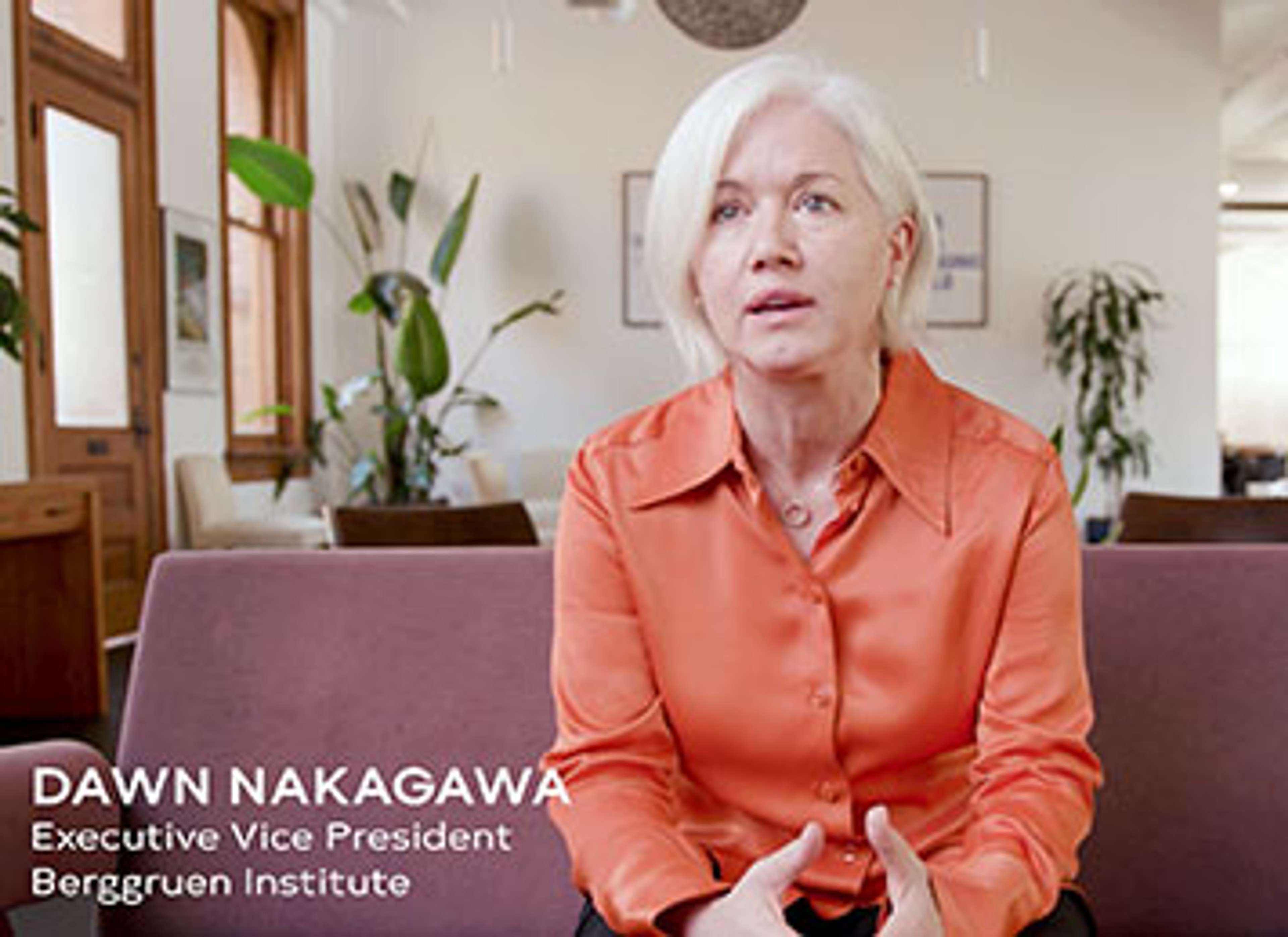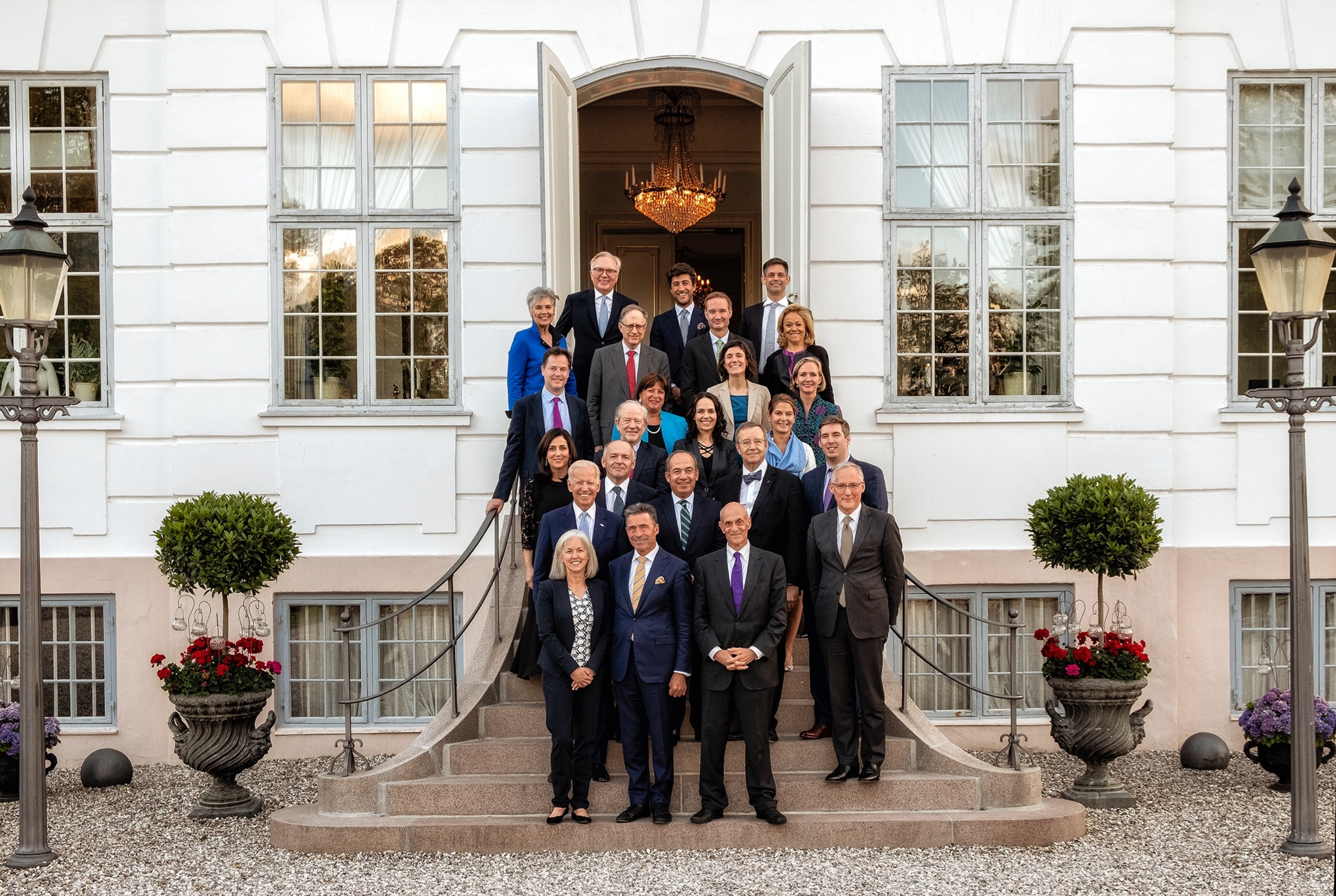Renewing Democracy in the Digital Age

Since September of 2016, the Berggruen Institute has been engaged in a series of high-level, off-the-record symposia on democratic renewal as part of its Future of Democracy Program. Symposia have taken place in the United States, Canada, the United Kingdom, Spain, and Italy, with further consultations taking place in France, Germany, Sweden, Portugal, and elsewhere. Participants have represented nationalities from across Europe, North America, and beyond.
These convenings have involved structured conversations aimed at both surfacing the challenges and opportunities of current democratic systems as well as imagining and defining pathways of reform. Participants have included political leaders, policymakers, technologists, business leaders, journalists, political scientists, sociologists, philosophers, philanthropists, artists, and activists. Furthermore, public polling and research has been conducted through the program in key countries in Europe and North America.
The origin of the project emerged from a simple insight: democratic governments had failed to keep pace with—and effectively manage—the rate and global scale of change in their societies and were in need of a significant overhaul to govern effectively in the 21st century.
After three years of discussion and study, our theory of the case is as follows: We are living through a paradigm shift from a limited notion of democracy to a fundamentally
deeper one in which people want and expect more agency and control.26 The current breakdown in the democratic system is a result, in part, of the inability to keep up with a pent-up demand for participation and agency. The process of selecting political leaders every few years may remain a necessary condition, but it is no longer a sufficient condition for a government to assert that it is by and for the people. Our institutions must respond to this demand by finding ways to both absorb and respond to the various ways citizens want to participate in their own democracy.
This report explores in detail this paradigm shift, and the policy and institutional reforms we suggest as a response.











